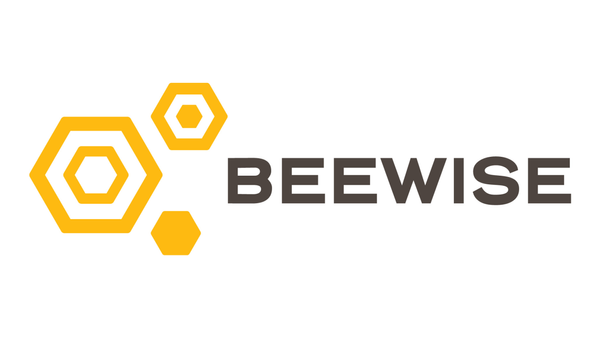How Taranis Streamlines Computer Vision Management for Crop Intelligence
- Daniel Tannor
- 2 min read
- 3 months ago
CMO at Dagshub | CMO

About Taranis
Taranis leverages advanced computer vision to provide crop intelligence to farmers worldwide. Their platform supports critical crop management decisions, helping protect crops, enhance yield, and increase predictability through AI-powered insights. The company operates at massive scale, acquiring and analyzing agricultural imagery from drone operations and satellites across the globe.
Improvements
Since adopting DagsHub, Taranis has achieved significant operational improvements in their computer vision pipeline:
- Model comparison time reduced from 2-3 weeks to just hours
- Algorithm development cycles accelerated by 3-4x with seamless team collaboration
- Experiment reconstruction time dropped from days of detective work to instant access to past model states
- Data curation efficiency improved by 50% across global drone and satellite operations
As Itay, Algorithm Developer at Taranis, explained:
"DagsHub makes development cycles seamless — any team member can pick up where others have left off and continue developing from there. Model comparisons that used to take weeks now happen instantly."
By centralizing their computer vision workflows, Taranis can now confidently iterate on production models while maintaining full visibility into what worked, when, and why.
Data Types
Taranis works with diverse agricultural data sources:
- High-resolution field images captured via global drone operations
- Satellite imagery for large-scale crop monitoring
- Tabular data containing agricultural metadata and historical records
- Textual data from various agricultural information sources
- Time-series datasets tracking crop changes and field conditions over seasons
These massive, multi-modal datasets form the backbone of their computer vision models that detect crop issues, predict yields, and guide farming decisions.
Challenges
As Taranis scaled their global operations, managing computer vision at scale became increasingly complex:
- Production model tracking: No clear way to compare new algorithms against models already serving customers
- Knowledge gaps: Team members couldn't easily understand previous model parameters, training data, or performance baselines
- Iterative curation: Managing data quality across global image acquisition operations was manual and error-prone
- Benchmark confusion: Determining whether new models actually improved required reconstructing training/test splits from months ago
- Collaboration bottlenecks: Algorithm developers worked in silos, making it difficult to build on each other's work
Without proper experiment tracking, even simple questions like "Is my new model better than production?" required weeks of detective work to reconstruct past model states and training conditions.
Solutions
Taranis adopted DagsHub to bring structure and visibility to their computer vision pipeline. Using DagsHub, Taranis now has:
- Complete experiment lineage tracking models, parameters, and training data for reliable production comparisons
- Unified workspace where code, data tracking, and experiment results live in one place
- Seamless team collaboration enabling developers to continue work from any previous point
- High-quality data curation with tools for comparing datasets and tracking changes over time
- Robust evaluation workflows ensuring models are tested on proper holdout sets, not training data
This transformation gave Taranis the confidence to iterate rapidly on production models while maintaining the reliability their farming customers depend on.



